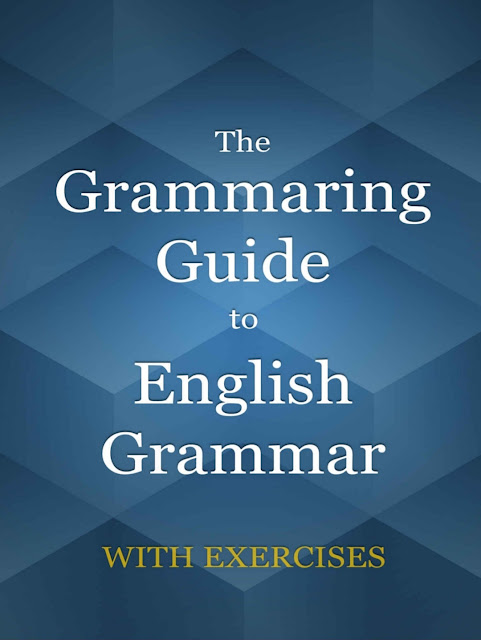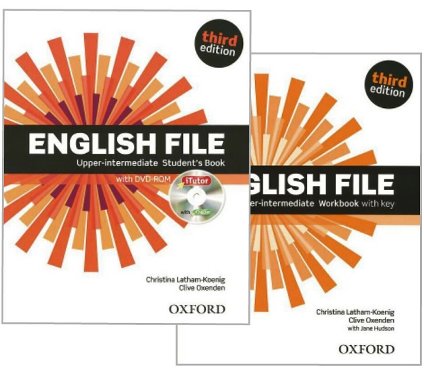The Grammaring Guide to English Grammar
The Grammaring Guide to English Grammar is a resource book on the grammar of Standard British English. It is intended for intermediate to advanced students of English as a second or foreign language who have already studied the basic grammar of English. It covers the most important areas of English grammar and concentrates on structures which may cause difficulty at an intermediate level or above.
The book starts with a pretest that helps you identify the areas you need to work on. The pretest is followed by eleven chapters, broken down to a number of subchapters that each deal with a specific grammar point. The related explanations are accompanied by real-life sample sentences, timeline diagrams, tables, and quotes. If a similar point or the same point is discussed in a different part of the book, you will find cross-references to that point. Where appropriate, chapters begin with guiding questions and end with revision questions. Most of the chapters are followed by exercises, including multiple choice, sentence transformation, error correction, gap filling and matching exercises, as well as communicative tasks that can be done in language lessons. At the end of the book, there is an appendix which contains a list of the most common irregular verb forms and the most important spelling rules; a list of the quotes that appear in the book; and a glossary that defines grammatical terms frequently used in the explanations.
The chapters in this book are not arranged in order of difficulty. This way, the book can be used for quick reference on specific points of interest, as well as for systematic study, either as a self-study grammar book or as additional material in an ESL/EFL course. No matter which way you use the book, it is recommended that you follow the cross-references, which will lead you to further information on a given item. The exercises, which come with suggested answers, are best done using pen and paper. These exercises will not only help you to practise grammar but also to tie grammatical forms to real-world meaning.




Comments
Post a Comment